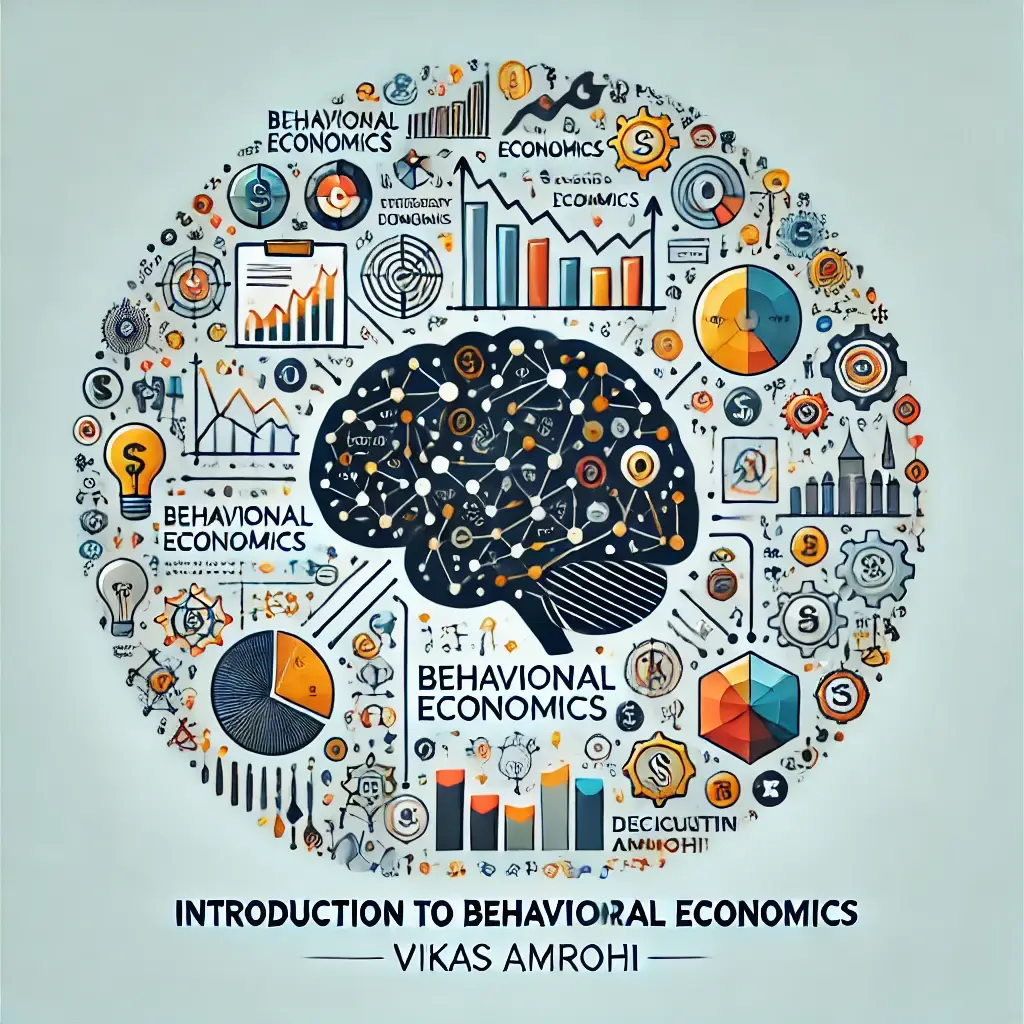
Introduction to Behavioral Economics: The Psychology Behind Decision-Making
Introduction
Have you ever wondered why you make certain decisions, even when they don’t seem entirely rational? Why do we sometimes spend more on things we don’t need or stick with decisions that no longer serve us? The answers to these questions lie at the intersection of psychology and economics—known as behavioral economics.
Behavioral economics challenges the traditional economic assumption that humans are rational decision-makers. Instead, it reveals how our emotions, biases, and cognitive limitations shape our economic behaviors. This blog introduces you to the fascinating world of behavioral economics, its key concepts, and why it’s revolutionizing how we understand human decision-making.
What Is Behavioral Economics?
Behavioral economics is a field that combines insights from psychology and economics to study how people actually behave—not just how they are expected to behave according to classical economic theories. Traditional economics assumes that humans act logically to maximize utility. Behavioral economics, however, highlights how factors like emotions, social influences, and cognitive shortcuts lead to irrational decisions.
For instance, you might know that saving money is essential for your future, yet a tempting sale on gadgets makes you spend impulsively. Behavioral economics explains these contradictions and helps us understand the “why” behind our choices.
Key Concepts in Behavioral Economics
- Cognitive Biases
Our brains often rely on mental shortcuts, or heuristics, to make decisions quickly. While these shortcuts are helpful, they can also lead to biases. Some common cognitive biases include:- Loss Aversion: The pain of losing something is often greater than the pleasure of gaining it.
- Anchoring: Our decisions are influenced by the first piece of information we encounter.
- Confirmation Bias: We seek out information that aligns with our existing beliefs, ignoring contradictory evidence.
- Irrational Behavior
Contrary to traditional economic theories, people often act irrationally. For example, hyperbolic discounting explains why we value immediate rewards over larger future benefits—like eating dessert now instead of sticking to a diet. - Nudging and Choice Architecture
Behavioral economics isn’t just about understanding irrationality—it’s also about influencing better choices. Nudging, a concept popularized by Richard Thaler, involves designing environments to steer people toward beneficial decisions without restricting their freedom. For instance, placing healthier foods at eye level in a cafeteria encourages better eating habits. - The Endowment Effect
We tend to overvalue things we own compared to identical items we don’t. This is why selling personal belongings often feels harder than it should.
Real-World Applications
Behavioral economics isn’t just theory—it’s transforming industries worldwide:
- Marketing and Advertising: Businesses use cognitive biases like anchoring and social proof to influence consumer behavior. For example, showing “limited time offers” triggers urgency and fear of missing out (FOMO).
- Public Policy: Governments use nudges to promote positive behaviors, such as encouraging organ donation by default or increasing retirement savings through auto-enrollment.
- Personal Finance: Understanding biases like loss aversion helps financial advisors guide clients toward smarter investments.
Why Behavioral Economics Matters
Behavioral economics helps us understand and address human behavior’s quirks. By recognizing our biases and emotional triggers, we can:
- Make better decisions in our personal and professional lives.
- Improve public policies for societal benefits.
- Design products, services, and systems that align with real human behavior.
This field teaches us that humans are predictably irrational, and that’s what makes us so fascinating to study.
Conclusion
Behavioral economics bridges the gap between psychology and economics, offering a deeper understanding of how we make decisions. Whether it’s avoiding cognitive biases, designing better environments, or improving policies, this field empowers us to make smarter choices.
As we dive deeper into behavioral studies, we’ll explore concepts like loss aversion, decision fatigue, and the paradox of choice. Stay tuned as we unravel the psychology behind why we do what we do—it’s a journey that’s as enlightening as it is practical.
